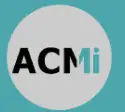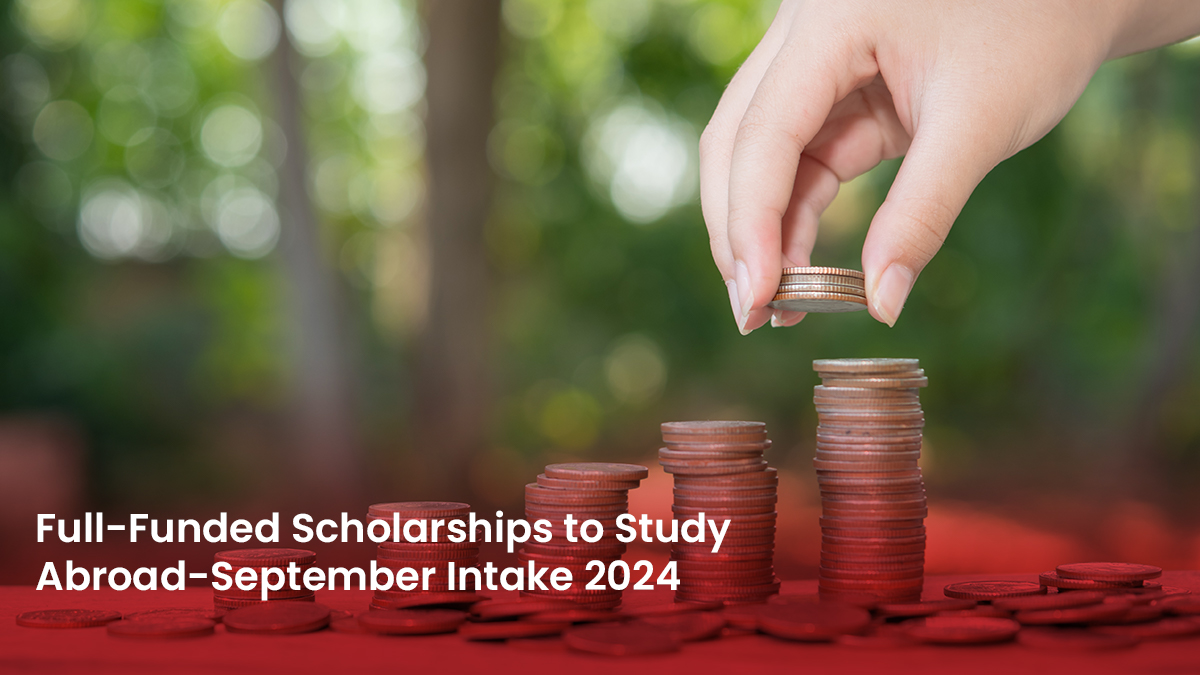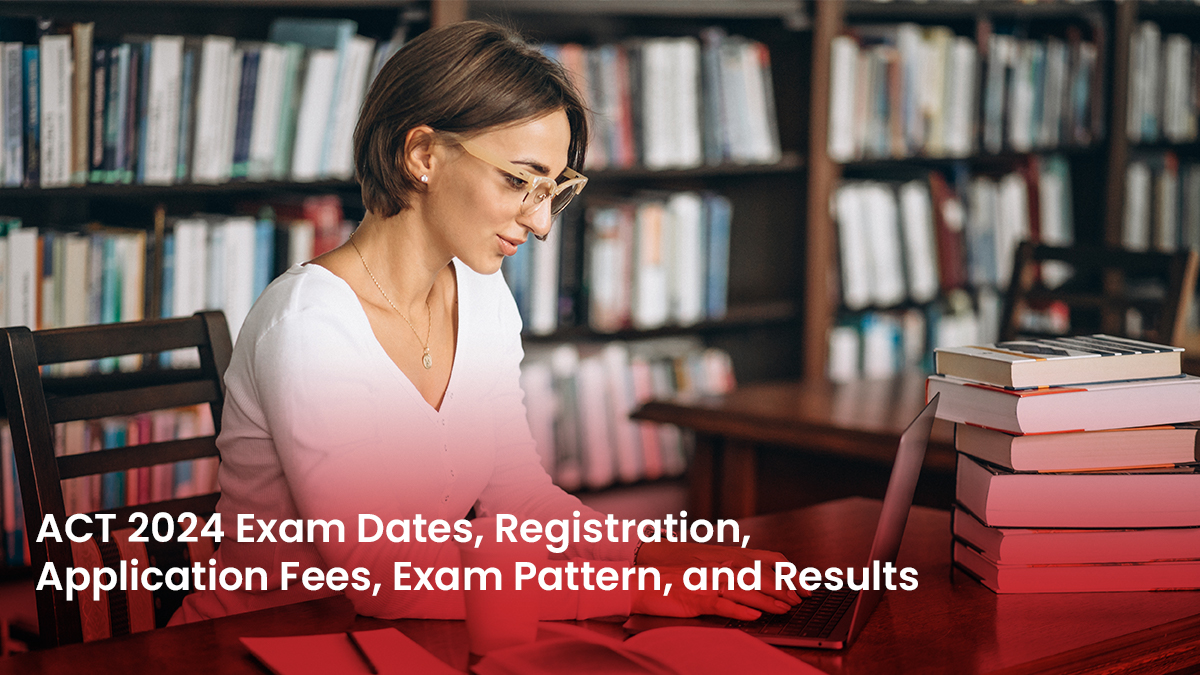Graduating from college marks the beginning of a new life. Students who took out an education loan, however, may be starting their new life in debt. Having student debt can weigh you down financially just as you’re finally starting your career, so what do you do when you take out a loan?
To put things in context, a standard student loan repayment plan is calculated in a timeline of 10 years. While that may sound like a convenient and easy repayment plan for you when you begin your studies, you might experience financial hurdles along the way that can prevent you from paying off your student loan after you graduate.
When to start paying off your student loan
One of the greatest financial mistakes you can make in your life is not making loan repayments early. According to a CNBC report, students who started to pay off their debts at age 26 ended up having to pay for their loans for 18.5 years.
Don’t drown yourself in potential debt from your loan interests. It’s much wiser to begin repaying your loan as soon as you graduate, or even earlier. Here are some ways that could help you pay off your student loans early.
Make payments before the grace period ends
Most student loans have a grace period that lasts for six months. This means that you don’t have to start paying off your loan until six months after you graduate. If you’re indebted to a private lender, the grace period might be different. Checking with your lender is crucial to compute how long you would have to make payments.
If you already have the means to pay off your loan, consider paying any amount before the grace period ends. There is no minimum amount of payment during this period.
It’s important to contact your loan provider and inform them that you wish to make early payments. Make sure to also start consolidating your loans into a single payment.
Learn how much you have to pay monthly – and pay more
Using a loan repayment calculator, make a schedule of your payment plans and payment amounts. If you have a standard repayment plan, you have to pay off your debt in a fixed 10-year timeline.
Make sure to meet the minimum monthly payment for your loan. If you have a little more money saved, you can also add that on top of your minimum payment. Paying early at a higher amount lessens the risks of accruing too much interest over time. It will also shorten the length of time you need to pay off your loan completely.
Don’t miss any monthly payment
Student loans will follow you for the rest of your life so you can’t afford to miss a payment. If you do, you will have to pay a late fee. And if you are delinquent on your payment for a specified number of days or more, it will be reported to credit bureaus.
Continued delinquency can result in your loan going into default, which can have undesirable consequences. It can damage your credit rating, making it difficult for you to buy a house or car, or to get a credit card.
If you are employed, your employer may be required to withhold a part of your pay and send it to your loan holder so your defaulted loan can be repaid. You may also be taken to court and charged court costs and fees.
You don’t have to carry the full weight of student debt into your adult life. You can start paying off your student loan as soon as possible, even before you officially earn your degree.
Once you find a job with consistent wages, consider computing your repayment plan and schedule when to make payments. By making repayments early and regularly, you’ll be able to pay off your education loan in no time.
Paying off a student loan is not an easy task. To learn more about student loans, check out more of our articles here at MSM Unify.















































